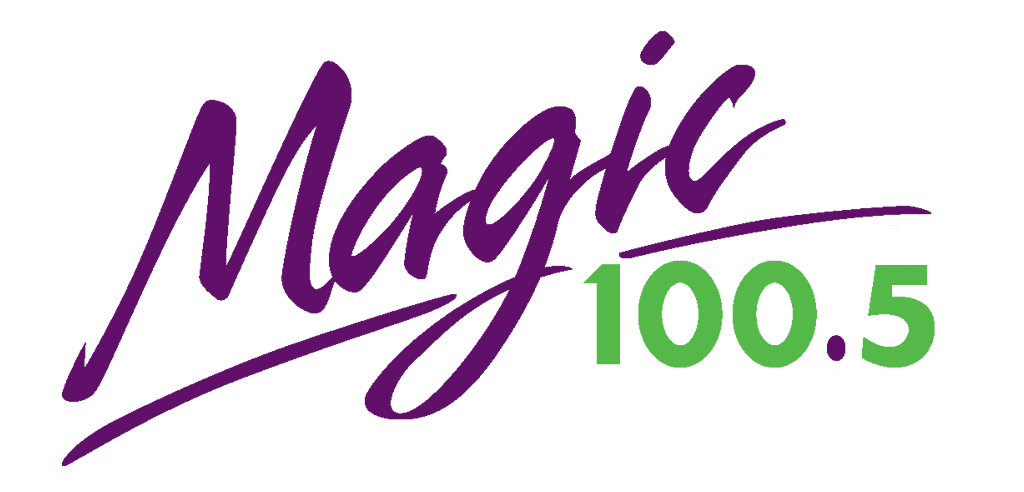MIKE BURKE
Allegany Communications Sports
Outfielder Bryan Reynolds and the Pittsburgh Pirates have come to an agreement on an eight-year, $106.75 million contract that includes a club option and does not have an opt-out.
See what can be accomplished when a team is winning and everybody is on the same page? The Pirates just offered the largest contract in team history. It is also the largest extension given to a player who was drafted out of college; in Reynolds’ case, Vanderbilt in the second round by the San Francisco Giants.
On top of that, the deal is essentially the same one that was negotiated during the spring when talks broke down because Reynolds asked for an opt-out. There is still no opt-out, but the Pirates did give him limited no-trade protection, and now they have a foundational player through 2031.
The extension for Reynolds brings to end a months-long drama between the two parties that at one point led the outfielder to request a trade, although not demand one while making it clear he preferred to stay in Pittsburgh. Reynolds, who came to the Pirates in 2018 in the Andrew McCutchen trade, said he just wanted a long-term deal that Pirates ownership appeared unwilling to give him, prompting most Pittsburgh fans to habitually lament, “What else is new?”
Well now this is new, so who knows? Maybe the Pirates are willing to move away from their cheapskate ways, for if the deal is finalized – it is pending a physical – there will be just three remaining MLB teams that have never signed a player to a $100 million contract: the Oakland Athletics, Kansas City Royals and Chicago White Sox.
The Pittsburgh Pirates no longer seem to be one of the four chiselers, eh? Who says winning doesn’t facilitate working and playing well with others?
Perhaps the Baltimore Orioles should investigate this mindset. They’re winning, too, and they have a pretty good foundational player on their team themselves. He’s a catcher and he might like to stick around in Baltimore for some extra years as well.
That, however, is not likely to happen as we should brace ourselves for the Orioles to begin poor mouthing again, as on Tuesday, the New York Court of Appeals rejected the Orioles’ appeal and their argument that Major League Baseball and Commissioner Rob Manfred were biased against them in their MASN ruling.
It’s possible the Orioles could appeal to the U.S. Supreme Court, as only four justices have to agree to hear the case, but that’s unlikely. The decision on Tuesday, though, does not mark the end of the dispute, as Justice Madeline Singas wrote in the opinion that the two clubs must continue negotiating over the amount of money owed to the Nationals, despite an arbitration committee previously identifying the amount as roughly $100 million.
MASN was created in 2005 when the Montreal Expos were moved by their owners, at the time MLB, to Washington. The Orioles and Nationals co-own the network, which airs both teams’ games, with the Orioles controlling a majority stake and receiving a majority of the profits as compensation for the Nationals moving into their previous territory.
Before the Expos became the Nats, the Orioles had been the only MLB team in the mid-Atlantic region since 1972. The move cut into the Orioles’ fan base and continues to cost them financially.
To alleviate the Orioles’ losses, MLB and the two clubs came to a settlement agreement. The Orioles initially received 90% of MASN’s profits, but that number began to decrease annually by 1% in 2010 and will ultimately settle in 2032 at 67% for the Orioles and 33% for the Nationals.
The teams, though, have disagreed for years as to how much MASN revenue each should receive. In 2011, the teams could not agree on how much they should receive for a five-year window from 2012 to 2016. MASN paid the Nationals $198 million for those five years, but the Washington club argued it should have been $475 million.
An arbitration committee of three MLB executives heard arguments and decided in 2014 that the Nationals should have received $298 million, $100 million more than the network paid the team.
The Orioles appealed and that arbitration decision was thrown out by a New York judge based on “evident partiality” in the process because the Proskauer Rose law firm, which represented the Nationals during the arbitration, had previously represented MLB, as well as each team represented on the committee.
A second panel, composed of three different MLB executives, decided upon a similar number, $297 million, in 2019.
The Lerner family, which owns the Nationals, is trying to sell the team but won’t be able to until the MASN dispute is settled, because no sane buyer is going to enter into this scenario.
The Orioles are owned by Peter Angelos, who is in grave health, and will also likely be for sale once the Angelos estate is settled. The Angelos family has long contended the $100 million payment at issue, which has been placed in escrow, will make it impossible for MASN to operate as well as for the Orioles to remain fiscally viable.
So there’s that. Let the poor mouthing begin.
Mike Burke writes about sports and other stuff for Allegany Communications. He began covering sports for the Prince George’s Sentinel in 1981 and joined the Cumberland Times-News sports staff in 1984, serving as sports editor for over 30 years. Contact him at [email protected] and [email protected]. Follow him on Twitter @MikeBurkeMDT


